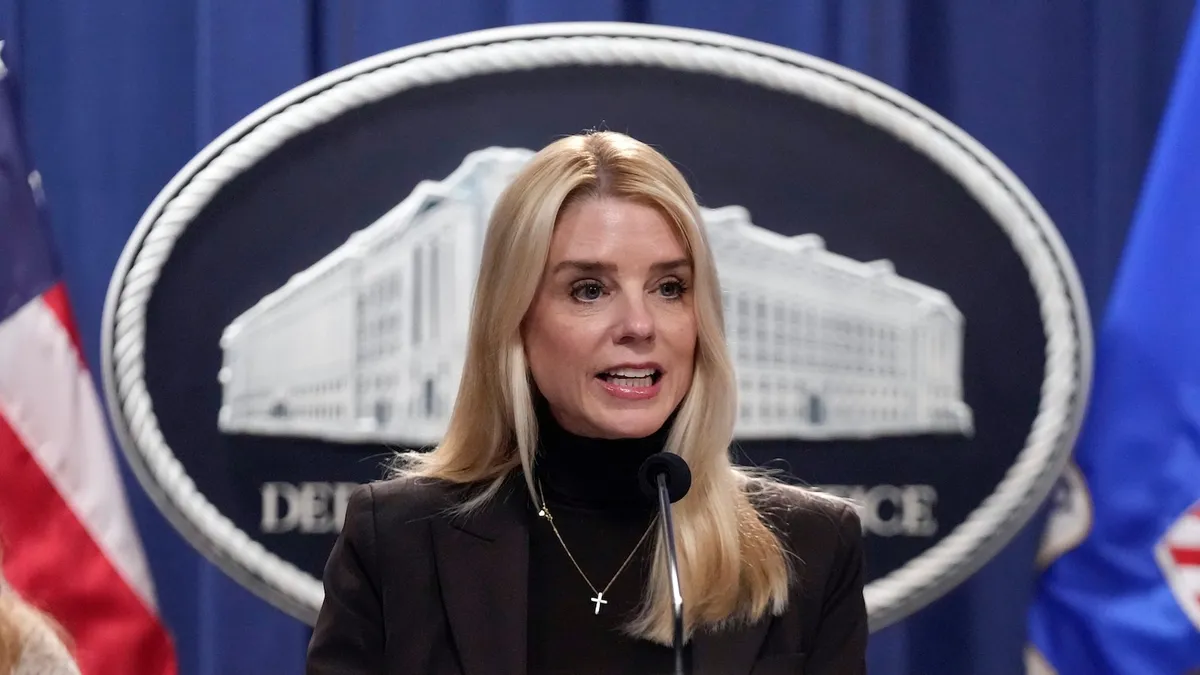
The Justice Department has taken the significant step of placing attorney Erez Reuveni on indefinite paid leave. This decision stems from his conduct during a recent lawsuit involving a Maryland man who was deported to El Salvador in error. Sources familiar with the situation revealed to ABC News that Reuveni, who serves as the acting deputy director for the Office of Immigration Litigation, is being scrutinized for allegedly failing to adequately advocate for the government's interests during the court proceedings.
In a statement released on Saturday, Attorney General Pam Bondi emphasized the expectations placed on Department of Justice attorneys. “At my direction, every Department of Justice attorney is required to zealously advocate on behalf of the United States,” she stated. Bondi made it clear that any attorney who does not adhere to this directive will face serious consequences, highlighting the importance of vigorous legal representation within the department.
The controversy arose during a hearing on Friday, where the government is seeking to appeal a ruling by Judge Paula Xinis of the U.S. District Court for the District of Maryland. Judge Xinis ordered the Department of Justice to facilitate the return of Kilmar Armando Abrego Garcia by the approaching deadline of Monday. During the hearing, Reuveni faced intense questioning from Judge Xinis regarding the circumstances of Abrego Garcia's deportation and the government's claims about its inability to facilitate his return to the United States.
Throughout the proceedings, Reuveni appeared to struggle under the pressure of the judge's inquiries. When pressed about the authority under which law enforcement officers seized Abrego Garcia, Reuveni expressed his frustration at not having adequate answers. "Your honor, my answer to a lot of these questions is going to be frustrating, and I'm also frustrated that I have no answers for you on a lot of these questions," he admitted, underscoring a lack of preparation that ultimately led to his current predicament.
This incident raises significant questions about the internal practices and advocacy standards of the Justice Department. As the government moves to appeal the judge's order, the focus will remain on how effectively it can navigate the legal challenges surrounding this controversial deportation case. The outcome may have broader implications for the department's commitment to ensuring fair legal representation and adherence to immigration laws.